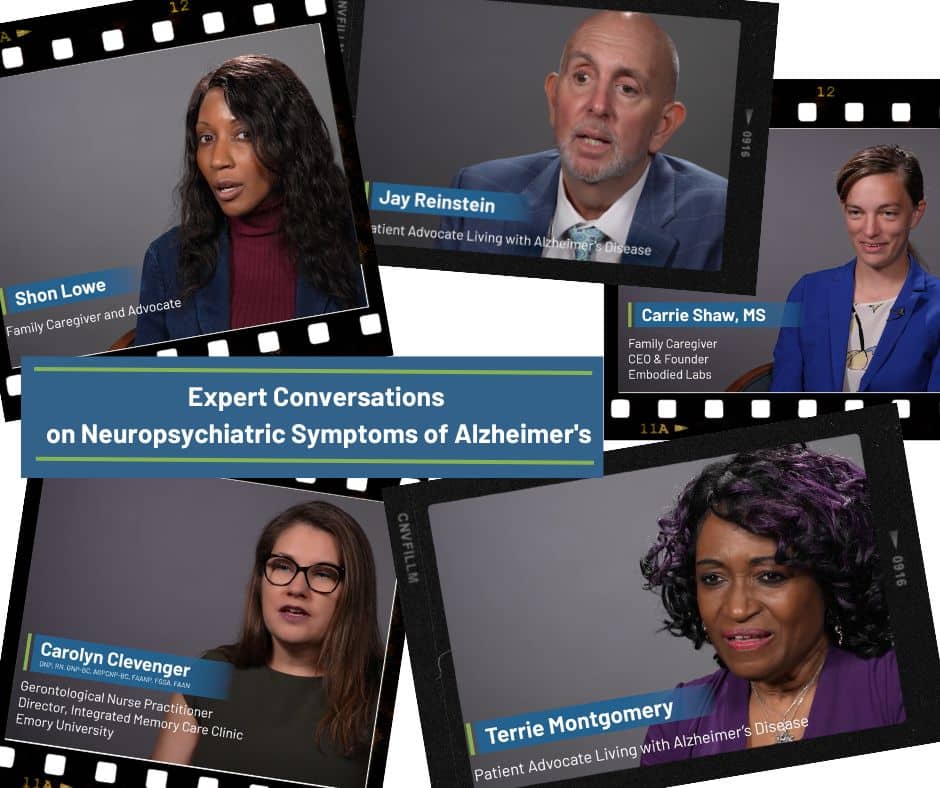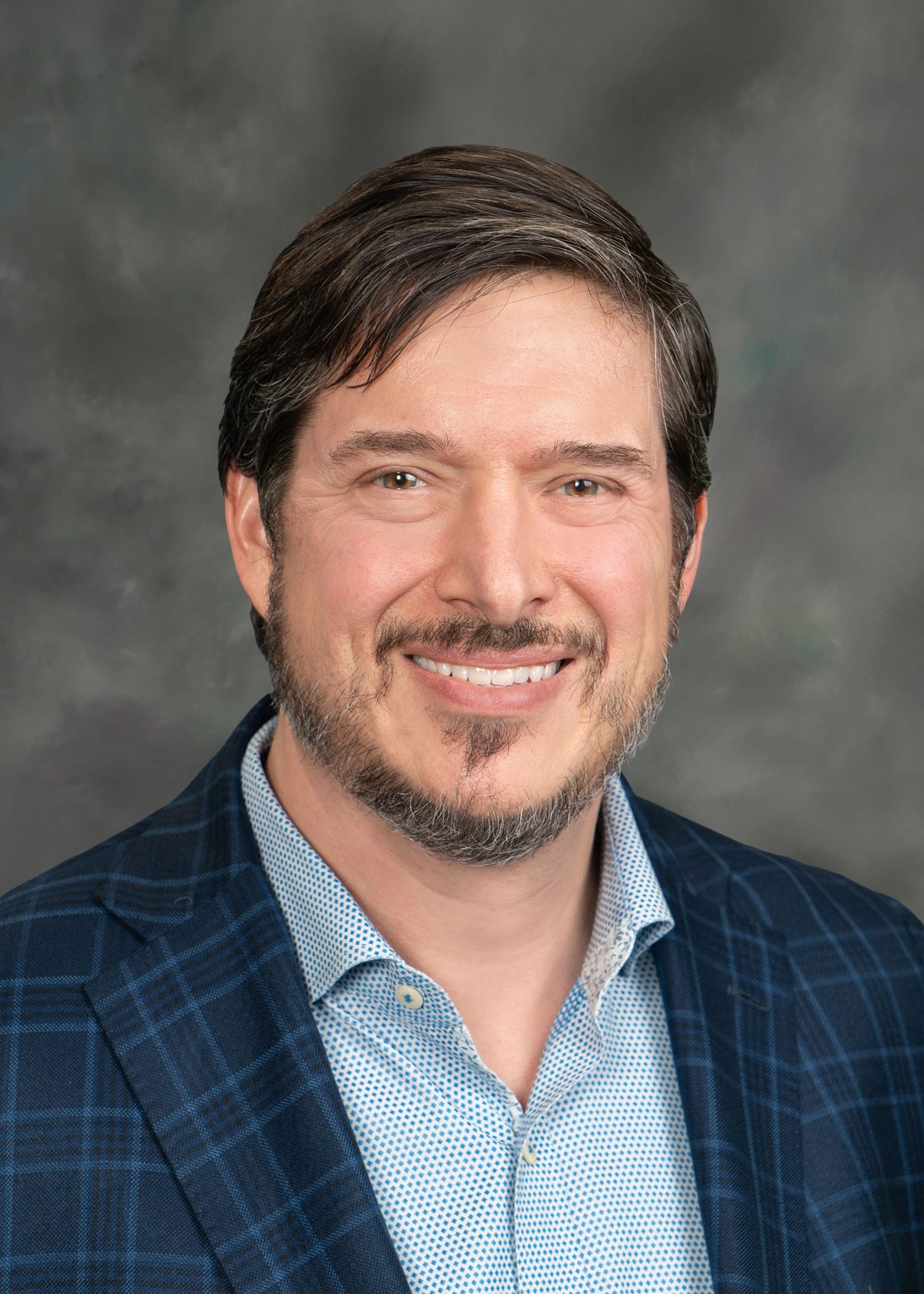ACT-AD was well-represented at the 11th Annual Clinical Trials on Alzheimer’s Disease (CTAD) conference in Barcelona, Spain, October 24 – October 27, 2018, where we hosted a dinner in honor of current and prospective industry partners committed to accelerating a cure and treatments for Alzheimer’s disease. Thank you to those who attended the dinner! It was a terrific opportunity to hear everyone’s perspective on the important updates coming out of the CTAD conference. A very special thank you to the CTAD Organizing Committee who helped make the dinner possible.
During the conference, Rachelle Doody, MD, PhD, and Global Head of Neurodegeneration in Pharma Development and Neuroscience for Roche Pharmaceutical Company and its U.S. entity, Genentech, was given the CTAD Lifetime Achievement Award. Dr. Doody laid out her vision for identifying AD patients earlier – including self-assessment tools for cognitive issues – and more accurate clinical tools and treatment options based upon precision medicine. On behalf of ACT-AD and its members, I want to congratulate Dr. Doody on this incredible accolade!
Other highlights from CTAD included:
- The COSMOSMind study at Wake Forest demonstrated that a phone-based trail was effective and lower cost approach to trail development. COSMOSMind is examining the potential of cocoa-flavanol extract to improve cognition in older adults. The study took a less burdensome approach for patients by sending potential patients a mass mailing and using the internet to recruit patients. If interested, patients received recruitment materials, were screened and, if enrolled, were assessed annually via telephone.
- We heard also about big data and precision medicine, and how IQVIA is using it to leverage datasets and build a predictive algorithm. IQVIA is using algorithms – which they are continuing to refine through collaborations – across age groups and risk factors which could be used in primary care settings. Anavex presented on predictive modeling that can also enable precision medicine. Through machine learning, they can extend their study to only those patients predicted to respond to the drug.
- Reisa Sperling, MD, Brigham and Women’s Hospital, as well as experts from Lilly, Janssen, and others, spoke to the failures and safety concerns of BACE inhibitor therapies that were resulting in a worsening of cognitive decline. Starting earlier, lowering dosage, interval dosing as opposed to daily dosing, and whether the resulting cognitive decline was reversible were all mentioned as part of the BACE inhibitor discussions.
- Preliminary results of the IDEAS study revealed that PET scans were greatly effective at reducing incorrect AD diagnoses through revealing no AD pathology. By eliminating false positive patients, clinical trial participants screening was vastly improved, in addition to changes in drug treatment, counseling, and “future” planning by patients and their families. Next year will bring Phase 2 of the IDEAS study.
- Eisai (partnering with Biogen) presented further analysis of its BAN2401 study which they maintain showed a 30 percent reduction in cognitive decline after 18 months of treatment. There continued to be lively discussions around the removal of some patients with the genetic mutation APOE4 from the highest dose, although Eisai maintained that of the APOE4 patients who did complete the 18-month treatment they saw a 63 percent less cognitive decline than the placebo group. A larger study was called for to settle outstanding questions.
- Mary Sano, director of the Alzheimer’s Disease Research Center at the Icahn School of Medicine, Mt. Sinai, New York spoke of the opportunities that digital technologies could offer for self-assessment of cognitive problems if we overcome the limited use of these technologies by older adults.
- Christopher van Dyck of the Alzheimer’s Disease Research Unit at Yale University spoke about plasma biomarkers that offer lower cost screening for the larger population.
- Dennis Selkoe of the Brigham and Women’s Hospital and Harvard Medical School discussed risk assessment in mid-life to generate an AD risk score. The score would be based upon a wide range of information including family history, cognitive screening, etc., to then inform treatment options including combination therapies.
These are just a few of the highlights from the 2018 CTAD conference – for more information, visit the official CTAD website. It was an inspiring and invigorating conference at which many of the smartest minds in Alzheimer’s research were convened. The research and outcomes presented were innovative and brought hope to many in the AD field.
Written by Missy Jenkins, Executive Director of ACT-AD and Vice President for Public Policy at the Alliance for Aging Research





